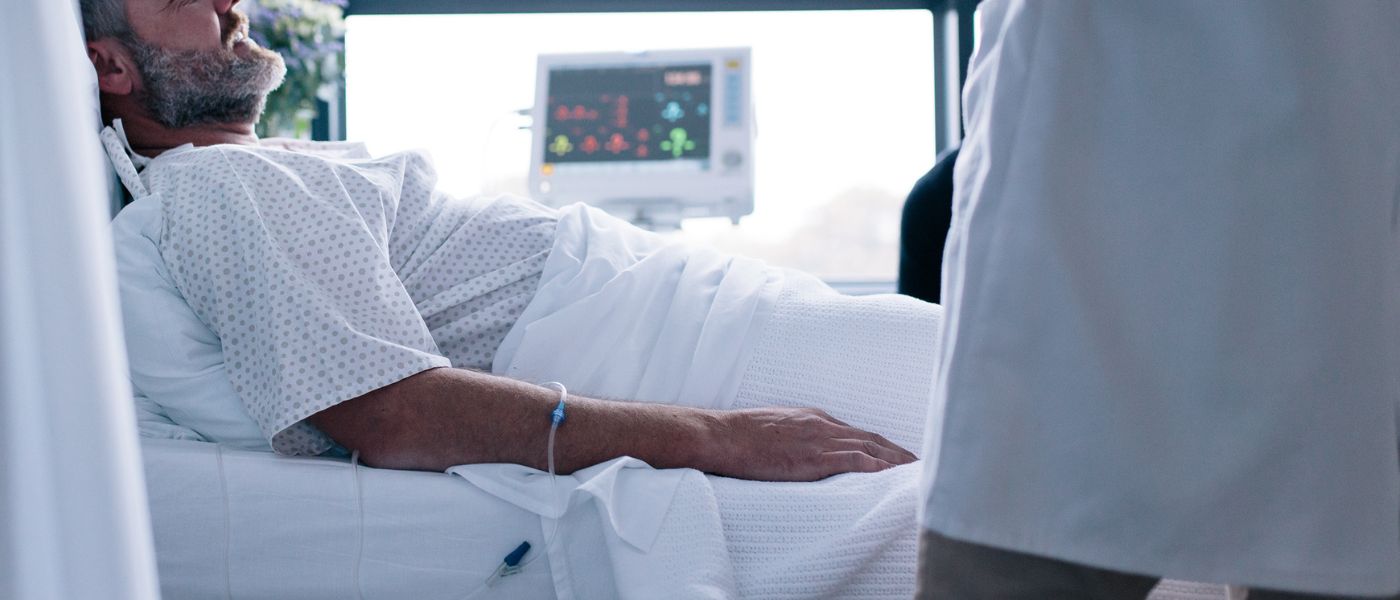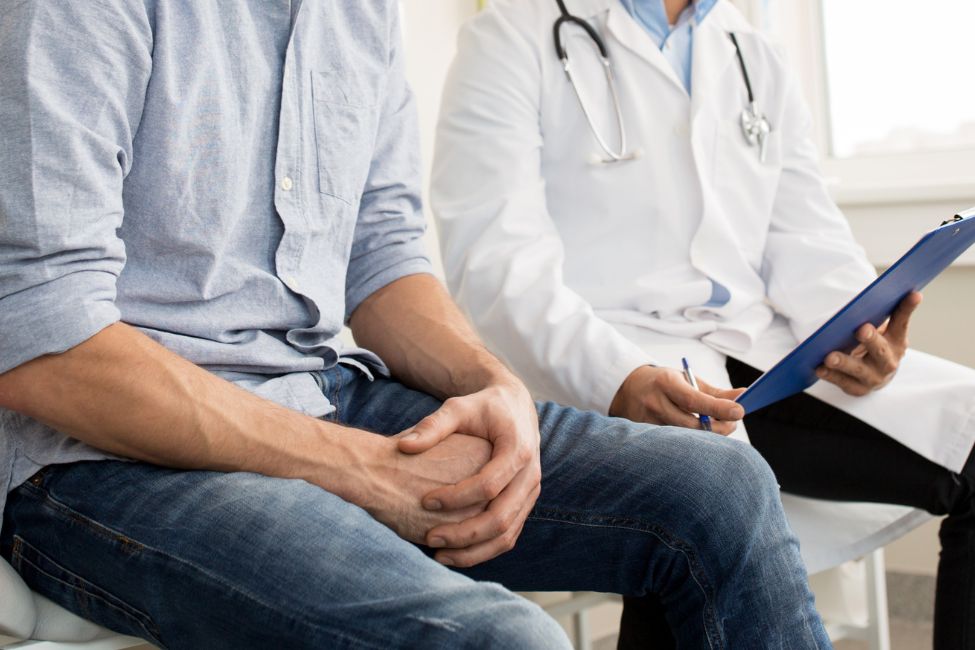After Hernia Surgery and Recovery
Recovery after hernia surgery depends mainly on the type of hernia being repaired and the severity and complexity of the hernia. Hernia surgery performed laparoscopically will generally mean fewer complications and shorter hospital stays. Patients are often discharged on the day of surgery or after one night in the hospital. If the procedure requires conversion to open surgery (rare but possible) or if it is performed on an emergency basis, it will require a longer hospital stay.
Getting Home & Help In the Early Days
You must arrange for transportation from the hospital or surgery center to your home since you will be taking pain medication that can impair your ability to drive. Further, someone should assist with essential household duties for a few days after surgery. This person can also help you with wound care, but please ensure you and your caretaker follow the protocols in the post-operative packet.
Pain
During your hospital stay and the few weeks after discharge, we want you to recover in as much comfort as possible. The discomfort associated with a laparoscopic hernia repair is dependent on your tolerance, and you will be prescribed pain medication, which should be taken as directed and only when needed. Most patients will do well with acetaminophen / Tylenol. Pain should diminish further with each day of recovery.
You may have heard about chronic pain after the inguinal hernia repair. This is possible, but modern techniques and mesh technology have significantly reduced the likelihood. We also take surgical steps to ensure this does not happen. As you heal, you may feel some pulling and slight pain in the area. This is most likely due to the buildup of scar tissue around the mesh lattice. If you are experiencing longer-term chronic pain – after several months from surgery – we encourage you to give us a call.
Recurrence
Even with a successful hernia procedure, there is the possibility of recurrence. This is true for multiple reasons.
- First, the incision itself can allow for a hernia – this is called an incisional hernia. This possibility has been reduced dramatically with the advent of laparoscopic surgery.
- Second, the mesh may fail if exceptional strain is placed on the patch used to repair the hernia. We suggest that patients undergoing hernia surgery take additional precautions to ensure no undue pressure is placed on the surgical site.
- Patients should also commit to quitting smoking permanently, as this habit can reduce tissue strength and lead to a recurrence.
Fortunately, modern surgical techniques and new lightweight self-adhering mesh have dramatically reduced the risk of recurrence.
Of course, if you have any questions after your surgical procedure, our team is here to answer them. We want you to have a worry-free postoperative experience and are here when you need us.




